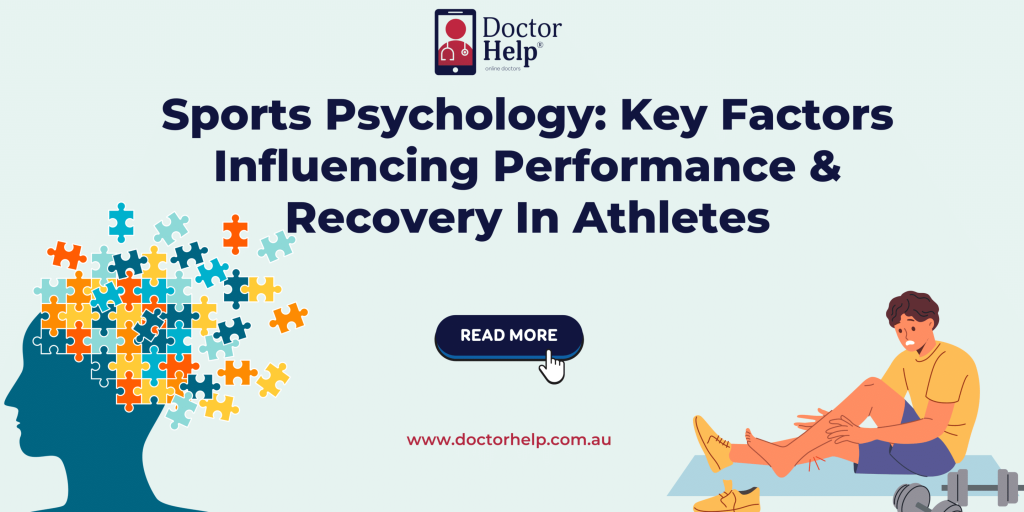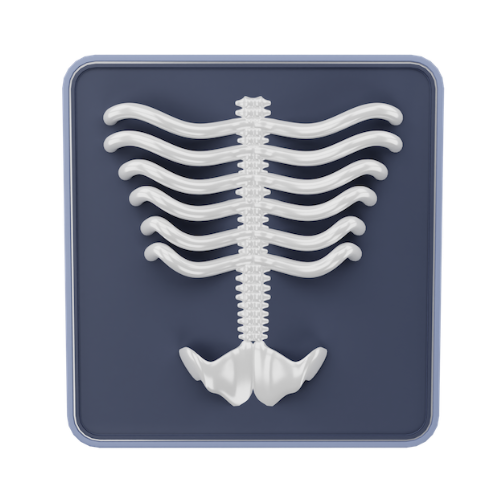Table of Contents
In the past few years, a rise in interest has been observed when it comes to sports psychology. Australians love to indulge in outdoor activities, As per the AusPlay survey in 2021-22 (ASC 2022), approximately 19.2 million Australians aged 15 and over (89%) participated in sports or physical activities.
- The most popular activity among them was recreational walking with 10.1 million participants,
- Fitness and gym with 8 million, and running and athletics with 3.9 million.
- When it comes to team sports, soccer led with 1.3 million participants,
- Followed by basketball with 996,000, and netball with 659,000.
The rise of the interest in sports and sports psychology gives rise to the idea of performance enhancement and recovery factors based on the mental health of the athlete. Mental factors influence sports performance, both for elite athletes and those who practice sports as a hobby. As per the survey, 77.8% of mentally tougher athletes perform better. Today it is quite evident that mental strength is as important as physical fitness for the players (professionals or amateurs) to enhance their performance or recover from sports injury.
In professional sports, athletes have no significant differences in potential, training, or physical ability. Therefore, the decisive elements for their performance are psychological.
Sports Psychology and Enhanced Performance
- Inspiration: Motivation and inspiration are essential for improvement in any field, especially in sports where athletes face constant highs and lows.
- Focus: Athletes must have a strong focus. Poor execution and lack of attention can lead to injury or failure.
- Dynamic control: implementing sports psychology and mental training helps manage emotions and doubts, which can otherwise hinder performance.
- Self-confidence: Confidence in one’s abilities is crucial for success. It takes team motivation sessions to develop self-confidence in athletes.
Mental techniques often used by athletes include:
- Concentration control: Both internal (thoughts and feelings) and external (surroundings) focus are important.
- Goal setting: Helps athletes work toward clear objectives and work on the game strategy more efficiently
- Self-instruction: Rational and positive affirmations are vital for maintaining focus.
- Relaxation: In sports psychology, this technique is used to lower stress and mental tension.
- Mental imagery: Visualizing success can be a powerful tool for athletes. This makes them channel the postive energy before the game.
To spread positivity regular motivation sessions within the team develop a sense of progression. Coaches also play an important role in keeping the team together and motivating them to work hard to achieve victory. It is also important to make sure that loss is a part of the game and learn from it, as it will help them conquer their weaknesses in the future.
Sports Psychology And Recovering From Injury
When an athlete whose whole professional career is based on their physical fitness, faces the injury, it becomes one of the most stressful and shattering events. This could be the cause of negativity causing anxiety and this is where sport psychology comes in the process of recovery.
The more serious the injury is and the longer the estimated recovery time, the more psychologically difficult it will be to cope with it. So if we look deeper level where the athlete got injured matters as well because it’s not the same to get injured during the regular phase of the game or season as it is before the final level. For an athlete injury when happens at the peak of their career also gives a shattering experience. We understand that injuries are always inopportune but these can also make athlete hit rock bottom of their sports career causing loss of opportunities or even retirement.
Both professional and amateur athletes take the sport they play as an integral part of their lives. When an injury happens there is a greater risk of losing their role, hence generating both physical and psychological well-being.
From the perspective of sports psychology, the relationship developed between psychological factors and injuries is surreal. As injury comes with the baggage of consequence which directly or indirectly impact the mental health of the players as well.
After the injury changes and adjustments occur in regular routines, for example, the replacement of training and competitions with interventions, rest or rehabilitation. This can develop the feeling of isolation as participation in social and group activities gets interrupted as well.
One player’s injury can put the position and permanence of the team at risk, even having access to new contracts. The feeling of threat is higher once a player gets out of form.
The intensity of the injury varies as per the individual’s physical condition, but the uncertainty of coming back into form can be the factor that can cause extreme stress and pressure. Sometimes severity of the injury can also make it difficult for the athletes to perform daily chores like dressing and moving around. All of these factors influence a person’s psychological well-being. Symptoms such as increased irritability, hostility, negative thoughts, depressive symptoms or anxiety are common in injured athletes. If the emotions trigger to you do self-harm immediately dial 000 and seek help.
Management of stress and negative emotions associated with the injury are aspects where sports psychology comes in. Seeking the right form of mental intervention can contribute to rapid recovery giving players motivation and inspiration. This can also improve the response to treatment and prevent more serious complications related to mental health.
Help From Professionals
It is very important to follow the proper guidelines given by the doctors, physiotherapists, psychologists, etc.). As much as social support from family, teammates, coaches and the club is essential, proper professional help is also adequate to cushion all the stress generated by an injury process. Doctor Help provides you with ease in communicating with online doctors and also gets psychologist and physiotherapist referrals from the comfort of your home.













